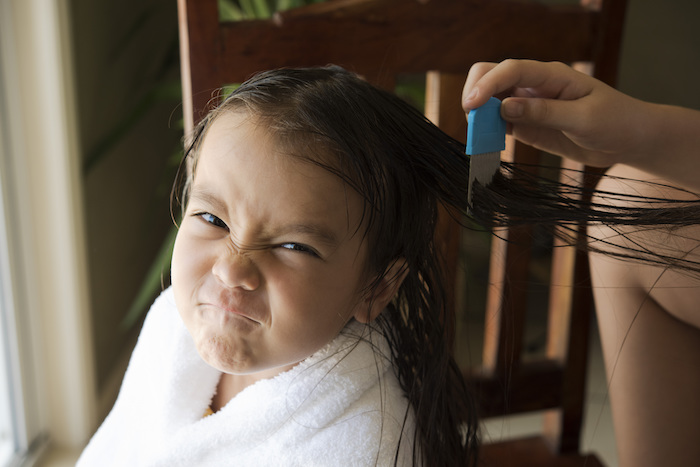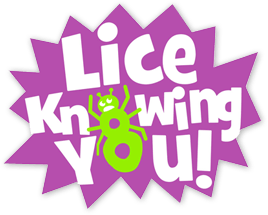Lice: Fact v. Fiction

As lice professionals, we are often amazed by the sheer amount of misinformation out there about lice. In another post, we go into great detail about the truth about lice, specifically the lice removal industry. But not every bit of misleading advice is spread by a manufacturer who wants you to buy their product. Indeed, often the information that gets spread throughout communities with every wave of lice is simply the remnant of some old wives’ tale. That’s why we wanted to dedicate a post to dispelling the myths about lice, and to helping you discern fact from fiction.
1. Hair dryers kill lice.
False. Lice don’t love the heat, but blowdrying won’t necessarily kill all the lice on your head. We have had many clients who have tried blowdrying or straightening their hair, hoping the heat will “cure” their lice. We have even had clients suggest that because they blow dried their hair, they simply couldn’t have lice. Putting too much faith in blow dryers like this often lulls families into a false sense of security, which then allows a lice infestation to get worse.
2. Head lice live in your clothing and pillows.
False. Head lice does not burrow or live deep in fabrics or items. They must live on a human being. They may accidentally fall off on ones pillow though, in which case the parasite will remain there until the host returns a to bed. So, it’s a good idea to clean your family’s bedding if you’re dealing with a lice infestation. However, there’s no need to burn or get rid of clothes or stuffed animals.
3. Lice cause itching.
True – at least, 60% of the time. Nearly two thirds of people with head lice will itch because they are are allergic to the parasite’s saliva. The itchiness (caused by a histamine reaction) may also be accompanied by a small dapple rash on the base of the neck. However, this leaves a lot of people that don’t react to lice infestations. So, don’t take an itch-free head to mean your son or daughter isn’t infested. When parents make this assumption, they often fail to check their children’s heads, which leads to a more severe infestation.
4. Lice prefer dirty hair.
False. Lice prefer clean hair. The long-standing myth that lice prefer dirty hair is one of the ways that lice is stigmatized, in that children who have lice are presumed to be unclean. This is totally untrue, and a harmful presumption that we are always working to dispel.
5. Lice can be resistant to over-the-counter drugs.
True. Research shows that OTC products or peduculicides are increasingly ineffective against head lice. Much like bacteria that have become resistant to antibiotics, super lice are lice that have become resistant to chemical treatment. We recommend that families skip OTC products altogether. Combing works better, and that’s what OTC products recommend you do after application anyway.
6. Head lice are most common in preschool and early elementary-aged children.
True. Children at these ages are more inclined to come into physical contact with each other than adults are. As a result, they have more head-to-head contact throughout the day. This frequent cranial contact creates the ideal environment for the parasite to spread between people. Adult family members then usually get lice from their children when reading, hugging, watching movies, or any other activity done in close proximity.
7. Lice can bite and cause infections.
True. Head lice bite the scalp because they feed off the blood underneath. Scratching and breaking open the skin on these bites can make these small lacerations bigger; touching the bites can also introduce bacteria from the fingers and nails that can then cause an infection. However, it’s important to note that the lice themselves do not inherently cause infection. A kid can have lice without an infection, which is why a child with lice is, usually, an otherwise “healthy” kid.
8. You can get lice from your pets.
False. Pets can get lice, but it’s a completely different kind that cannot be passed to humans. Having lice is hard enough. Thankfully, the kiddos don’t have to avoid the dog on top of everything else 🙂
We hope we’ve cleared up some of your questions about the fact and fiction of lice. If you or your family is suffering from a lice infestation, don’t hesitate to make an appointment at one of our five lice salons throughout the Pacific Northwest.
